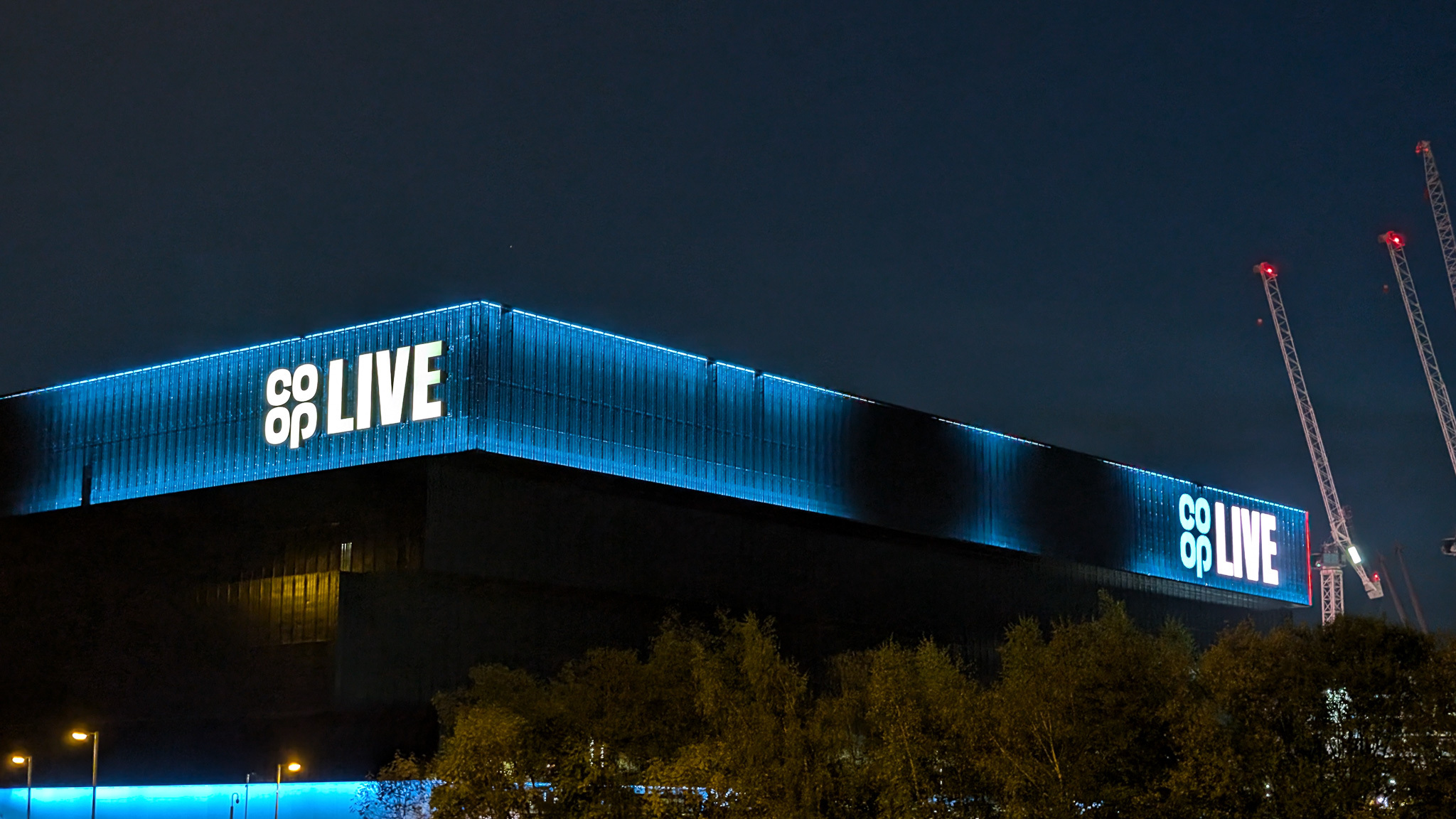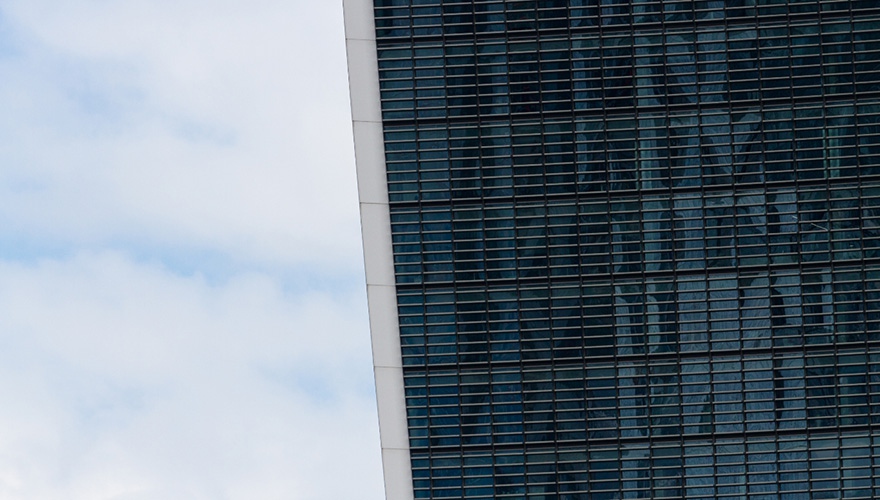Insights

10/11/2025
Why behavioural techniques alone can't transform organisational capability in joint ventures, alliances, and major transformations.
In complex operating environments - joint ventures, alliances, major transformations - disagreement is inevitable. Different parent organisations bring competing priorities. Overlapping accountabilities create territorial tensions. Unclear decision rights leave people uncertain whether they're permitted to challenge.
Yet most organisations treat disagreement as a problem to be managed rather than a capability to be developed.
Supporting clients through three decades of complex collaborative challenges has taught us why: organisations focus on the wrong dimension. Recent Harvard Business Review research provides useful confirmation of one aspect whilst simultaneously revealing - through its gaps - the two other critical dimensions most organisations miss entirely.
What the Research Shows
In a study involving 1,113 Americans (A Smarter Way to Disagree (2025)), researchers Julia Minson, Hanne Collins, and Michael Yeomans tested different approaches to disagreement. Participants wrote messages to someone who strongly disagreed with them about a hiring policy.
The first group received no guidance. The second received classic advice about perspective-taking and empathy. The third received instructions about specific words and phrases to express receptiveness to opposing viewpoints.
The results were striking. Recipients viewed the third group - those instructed on specific language - as most objective, intelligent, and trustworthy, and were most willing to work with them in the future.
Behavioural specificity matters. Observable language trumps internal mental states. This is useful.
But reading this research through the lens of our Professional Collaboration framework - developed over three decades supporting clients in complex operating environments - reveals what's missing. The research addresses one dimension well (what we call ability) whilst entirely overlooking two others that determine whether those abilities ever get used: licence and courage.
These gaps are precisely why disagreement fails in complex environments, even when people know the right words to say.
The Three Critical Gaps
Working with organisations facing genuinely complex challenges - joint ventures where parent companies have competing interests, alliances requiring collaboration and competition simultaneously, major transformations where every stakeholder sees different priorities - we've learned that constructive disagreement requires three dimensions, not one.
1. The Courage Deficit
The same researchers discovered something telling: hundreds of participants overwhelmingly agreed that expressing curiosity toward people who disagree with them was a good idea, yet when asked to actually do so, they often failed - they got caught up in making their own argument.
People knew what they should do. They agreed it was the right strategy. They still couldn't do it.
This isn't an intention-behaviour gap. It's a courage gap.
The research teaches people what to say but doesn't address why, when stakes are high, people can't bring themselves to say it. In complex environments, this gap intensifies:
- In joint ventures, when you need to challenge a parent organisation's directive that undermines JV success
- In alliances, when you must raise concerns that might destabilise the partnership
- In major transformations, when you're the only person who sees the fatal flaw in the strategic direction
When you're about to challenge your VP's strategic direction in front of the executive team, knowing the words doesn't make them easier to say. When you're the only person seeing a critical risk everyone else ignores, linguistic techniques don't overcome the fear of being labelled "not a team player."
Teaching people what to say without addressing organisational conditions that make saying it safe is like teaching someone to swim without putting water in the pool.

2. The Licence Problem
Even more fundamentally, the research never addresses organisational permission structures.
Who gets to disagree with whom, about what, and when? The study assumes individuals operate in neutral environments where disagreement is simply a matter of skill. But in real organisations - particularly complex operating environments - disagreement is governed by hierarchy, power dynamics, role boundaries, and governance frameworks.
In joint ventures, this manifests as confusion between JV authority and parent organisation control. In alliances, partners must navigate when they can challenge versus when they must accept. In major transformations, decision-making structures route approvals through hierarchies not designed for collaborative requirements.
You can teach someone perfect language, but if their organisation punishes those who question senior leaders, if their role is "too junior" to challenge strategic decisions, if governance grants parent organisations veto rights over collaborative decisions - those words will stay unspoken.
Many organisations espouse values of "healthy debate" whilst simultaneously marginalising those who actually disagree. They develop behavioural guidance whilst maintaining structures that silence dissent. The problem isn't that people don't know how to disagree - it's that they're not permitted to.
Without explicit organisational licence - formal mechanisms that grant permission to challenge - behavioural techniques become performative. People learn to sound receptive whilst the actual disagreement never happens.
3. The Reinforcement Paradox
Perhaps most fundamentally, the research treats disagreement as a problem to be managed.
The language throughout is about "handling" disagreement, preventing "escalation," ensuring conflict doesn't "spiral." Success is defined as disagreement that doesn't damage relationships.
But what if that's aiming too low?
What if successfully working through disagreement doesn't just prevent damage - it actively strengthens collaboration? In complex operating environments, this distinction is critical. Joint ventures that avoid difficult conversations may appear harmonious, but they're not building collaborative muscle to handle inevitable tensions. Alliances that suppress disagreement maintain surface relationships, but they're not developing trust for when real conflicts emerge.
When teams successfully challenge each other and arrive at better decisions, they build evidence that the relationship can withstand stress. They clarify shared values even when approaches differ. They create shared language and reference points for future challenges.
Each successful navigation makes the next one easier. Teams become more willing to challenge each other because they've proven they can do it productively.
The research doesn't tackle this - it's a lot of extra ground to cover. The article looks at disagreement as damage to minimise rather than collaboration to strengthen. But organisations that see disagreement as risk rather than capability miss the profound competitive advantage of teams that can challenge each other toward better outcomes.
Teaching people what to say without addressing organisational conditions that make saying it safe is like teaching someone to swim without putting water in the pool.
Professional Collaboration: The Framework That Addresses All Three Dimensions
Three decades supporting clients in complex operating environments has taught us that constructive disagreement isn't about behavioural techniques alone.
It requires what we call Professional Collaboration:
"The ability, licence and courage for teams to openly discuss and resolve contentious subjects not only in a collaborative way but also as a mechanism to reinforce the collaboration between them."
This framework directly addresses the three dimensions the HBR Research doesn't get chance to:
Ability is what the HBR research addresses - the behavioural skills and linguistic techniques that make disagreement constructive. This matters, but it's only one dimension.
Licence is the organisational permission structure - the formal mechanisms, role clarity, and structural enablement that grant people the right to challenge. Without this, ability remains theoretical. The HBR research doesn't explore this dimension.
Courage is the willingness to actually disagree when it matters, sustained by leadership vulnerability and psychological safety. Without this, both ability and licence go unused. The HBR research acknowledges courage exists but in the time allowed does not explre a framework for developing it.
And critically, our definition includes a phrase most organisations miss: "as a mechanism to reinforce the collaboration between them." Not manage disagreement. Not minimise conflict. Use disagreement to make collaboration stronger.
In joint ventures, each successfully navigated disagreement between parent organisations builds confidence for the next. In alliances, working through contentious issues creates collaborative capability to handle future challenges. In major transformations, disagreement that strengthens rather than damages becomes the mechanism for collective learning.
The Integration Challenge
Our Professional Collaboration framework reveals why addressing these three gaps - the Courage Deficit, the Licence Problem, and the Reinforcement Paradox - requires integration across three organisational dimensions:
Culture: Where courage is built or destroyed, where leadership vulnerability models what's possible, where psychological safety is created or denied.
Structure: Where licence is formally granted through role clarity, accountability alignment, decision protocols, and mechanisms that protect dissent.
Systems: Where both courage and licence are operationalised through meeting designs, workflows, and information flows that either enable or silence disagreement.
The HBR research focuses on individual behavioural change - the ability dimension. But behavioural change without organisational enablement fails. People learn the words but can't say them. They practice the techniques but aren't permitted to use them.
What's Coming
Over this series, we'll explore how these dimensions work together to transform disagreement from risk to capability in complex operating environments - from the Courage Deficit and Licence Problem to the Reinforcement Paradox, the Systems-Structure-Culture framework, Challenge-Support-Evolve model, and integrated implementation.
The behavioural techniques from the HBR research have their place. But techniques without courage to use them, licence to apply them, and understanding that disagreement can strengthen collaboration remain unused potential.
The question isn't whether your people can disagree better. It's whether your organisation enables them to disagree in ways that make you collectively stronger - particularly in the complex, high-stakes environments where it matters most.
Next in the series: "The Three Dimensions That Make Disagreement Work (or Fail)" - How Culture, Structure, and Systems interact to either enable or undermine constructive disagreement in complex operating environments, and why the Courage Deficit, Licence Problem, and Reinforcement Paradox exist because organisations fail to integrate across these dimensions.
Professional Collaboration is a registered framework of Advance Consultancy. For insights on building collaborative capability in complex operating environments, visit advance-consultancy.com or contact us at enquiries@advance-consultancy.com.
A Smarter Way to Disagree by Julia A Minson, Hanne K Collins and Michael Yeomans

Insights
Community Rail Conference: A Celebration of Collaboration and Passion

Insights
Building Foundations: Advance's Canadian Infrastructure Journey Takes Shape

Insights
The SDG Integration Opportunity: From Parallel Progress to Connected Impact

Insights
Mental Health Doesn’t Take a Day Off – and Neither Should We

Insights
Why Big Infrastructure Projects Are Struggling with Biodiversity Net Gain (And How Better Collaboration Could Change Everything)

Insights
What I Hope to Bring to the Advance Party

Insights
The Deeper Story Behind Our Numbers

Insights
Advance Joins SME Alliance Partners on UK Government’s CCS Management Consultancy Framework Four (MCF4)

Insights
From Ashes to Grid: How Power Maxed Racing Redefined What's Possible in Five Days

Insights
The skills revolution is here. Are we ready for what comes next?

Insights
Beyond “That’s Really Good”

Insights
What the UK’s Infrastructure challenges reveal about strategic leadership

Insights
A new way to map your leadership team.

Insights
Building ‘What If?’ Cultures

Insights
The problem with 'nice' teams...

Insights
You don’t become a leader when you get a job title.

Insights
Kindness > Capability (And here’s the data to prove it)

Insights
What no one’s telling high performers about burnout…

Insights
The question you should be asking…

Insights
Energy for Impact

Insights
Advance Consultancy Partners with Community Rail Network to Drive Sustainable Development

Insights
Are you Keane on Teamwork?

Insights
Real People, Real Impact: The Essence of Social Value

Insights
Advance's B Corp Journey to Certification

Insights
MVP or... MVP…

Insights
One Blog a Year (OK, maybe two..) like this will see me right

Insights
My First "6 Weeks" in Advance

Insights
One Blog a Year like this will see me right

Insights
Biting the Bullet

Insights
The Problem with Mergers …

Insights
The Start of Advance's Sustainability Journey

Insights
Skills for the Next Quarter Century

Insights
The Advance Reading List – Part 1

Insights
What has Colin the Caterpillar got to do with leadership development? (Learn2Develop - Part 2)

Insights
When Greta met Russell … becoming a reluctant leader

Insights
Trust & Productivity – the Private Sector Construction Playbook

Insights
What has Sustainability ever done for us?

Insights
We’re really not that clever…

Insights
Learn 2 Develop – Part 1 by Al Simmonite

Insights
What’s in a name? Moving from Respect-Challenge-Deliver to Challenge-Support-Evolve

Insights
A tough Week, or was it?

Insights
Paradoxes & The Advance Consultancy

Insights
The importance of heritage

Insights
DOs and DON’Ts of Returning to Work post Lockdown - A Leadership Perspective

Insights
Been there, done it… lost the T-shirt?

Insights